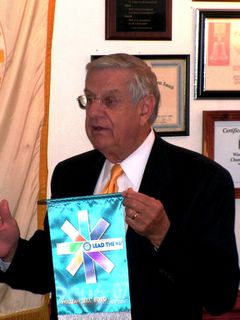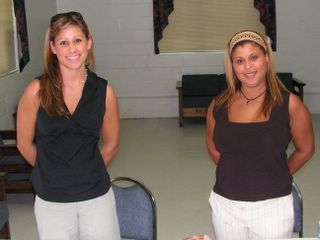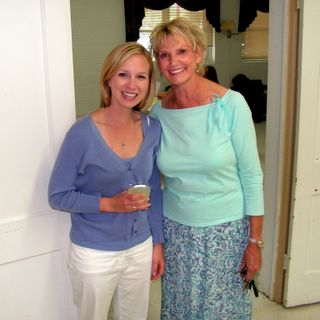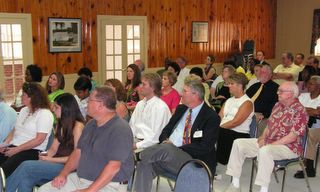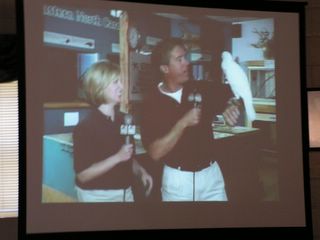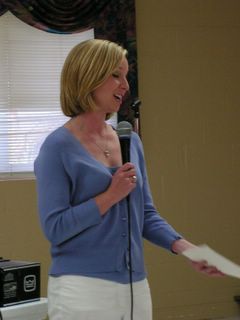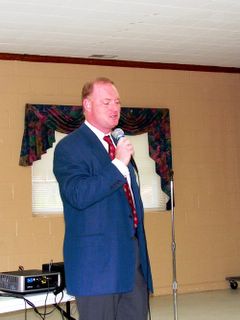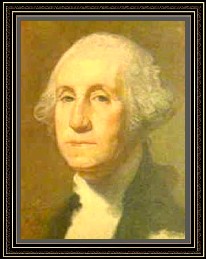by John Davis - August 1, 2006Everyone in Bertie County is for better public education. Most citizens embrace one of two viewpoints on how this should happen. The first group attributes our educational shortcomings to inadequate money and seems to blame the county commissioners for not overcoming a North Carolina educational finance system that is flawed. The second group attributes our educational shortcomings, first, to poor use and accountability of existing funds, but acknowledges there are inequities in the current financing method for public education in North Carolina. The financing inequity must be solved at the state level through a state constitutional amendment. Let’s examine these two perspectives.
Viewpoint 1 – The county commissioners are not giving education enough money
The 2005 Local School Finance Study, published by the Public School Forum of NC, showed Bertie provided local education funding above our ability to pay. This study ranked Bertie 98th out of 100 counties in our ability to fund education through local taxes. However, we ranked 92nd out of 100 counties in our actual efforts to fund education (see table 5 in study). So we are funding education locally better than our ability to do so and we increased education’s budget 10% for next year. Our problem is that we cannot replace lower state education revenues with local tax increases because our taxable property base is one of the state’s lowest (ranks 89 of 100 counties) and our tax rate is one of the highest in the state. Bertie County’s tax rate per hundred dollars of real estate value is 78 cents per hundred vs. a state average just under 60 cents per hundred. Higher taxes will place a severe strain on our citizen’s and discourage economic growth which is just beginning.
Viewpoint 2 – Let’s better utilize local funds and improve the equality of state funding
More money alone is not the solution. Bertie educational funds per student (from state, federal, and local sources) already rank us in the top 25% of the state. However, we are limited to funding we can make up locally when we lose state funding. We must challenge ourselves to produce better scores with the funding dollars we can afford locally and at the same time challenge the North Carolina General Assembly and Department of Public Instruction to address the inherent inequities in educational funding.
Low wealth counties like Bertie cannot match the educational opportunities provided by counties with higher property values. This problem can only be addressed by the North Carolina General Assembly. They need to better define constitutionally what an equal education is from a funding perspective. They need to simplify the current maze of allocations and make educational funding simple, equitable, and more flexible. Our county commissioners are doing a good job funding education given our local economy, and our dissatisfaction and demands to improve educational financing should be directed to our state legislators in Raleigh. The Leandro Court Case can help illustrate where our focus for change should be.
The Leandro Court CaseFive low wealth counties challenged that North Carolina children were not getting equal educations because low property tax base counties could not match the local property tax dollars raised for education by wealthier counties in the state. The US Supreme Court ruled that while education should be equal qualitatively and quantitatively, it did not define qualitative and quantitative. This case caused the North Carolina General Assembly to create the Disadvantaged Student Services Fund (DSSF). This fund’s goal is to level the playing field (test score results) between the property tax rich and property tax poor counties. Despite the good faith efforts of many, we still have a long way to go in DSSF funding. Consider that for two years only 16 school districts have shared about $22 million dollars annually in DSSF funds. Bertie was NOT one of these sixteen school districts. This is an average of about $1.4 million per school district for the original 16 schools. For the first time in three years (school year 06-07) all 115 school districts will receive some DSSF funding. Again, 16 school districts will split $22 million while the remaining will share $27 million for an average of $273 thousand per district for the remaining 99 districts. Does this sharing seem a little unbalanced to you? Consider some facts for DSSF funding for Bertie County.
Rank -115 school districts (based on Department Public Instruction DSSF data)
Bertie test scores 107/115 (bottom 7%)
Bertie students with single parent 106/115 (bottom 8%)
Bertie student poverty 107/115 (bottom 7%)
Bertie students with one parent with less than high school education 105/115 (bottom 9%)
Bertie wealth 112/115 (bottom 3%)
Bertie property valuations 89 out of 100 counties (bottom 11%)
16 districts receive DSSF funds with a per student average (ADM) of $248 for 06/07
Bertie will receive DSSF funds with a per student average (ADM) of $55 for 06/07
The $179 thousand dollars Bertie will receive for DSSF funds will not move us from the top 25% in per student spending to equal the highest spenders in North Carolina. Our kids and educators will be at a disadvantage to some of the richer counties. Our small county, low wealth and DSSF allocations from the state will not totally offset the disadvantage.
We still have work to do on equality in our DSSF formula and state education funding. Contact your legislators and insist that they pass a constitutional amendment that clearly defines educational funding so it is equal for all of North Carolina’s children. That is not the case today. Given the ball park they must play in, our county commissioners are doing a good job supporting education financing in Bertie County. Our local focus should be getting the most out of each dollar we have, and our state focus should be on equity in funding and increasing local flexibility in using state funds for all North Carolina students. All of us are very important in this cause. Write your representative. You can make a difference.
John H. Davis
113 S. Wheeler Drive
Merry Hill, NC 27957
252-482-1592



